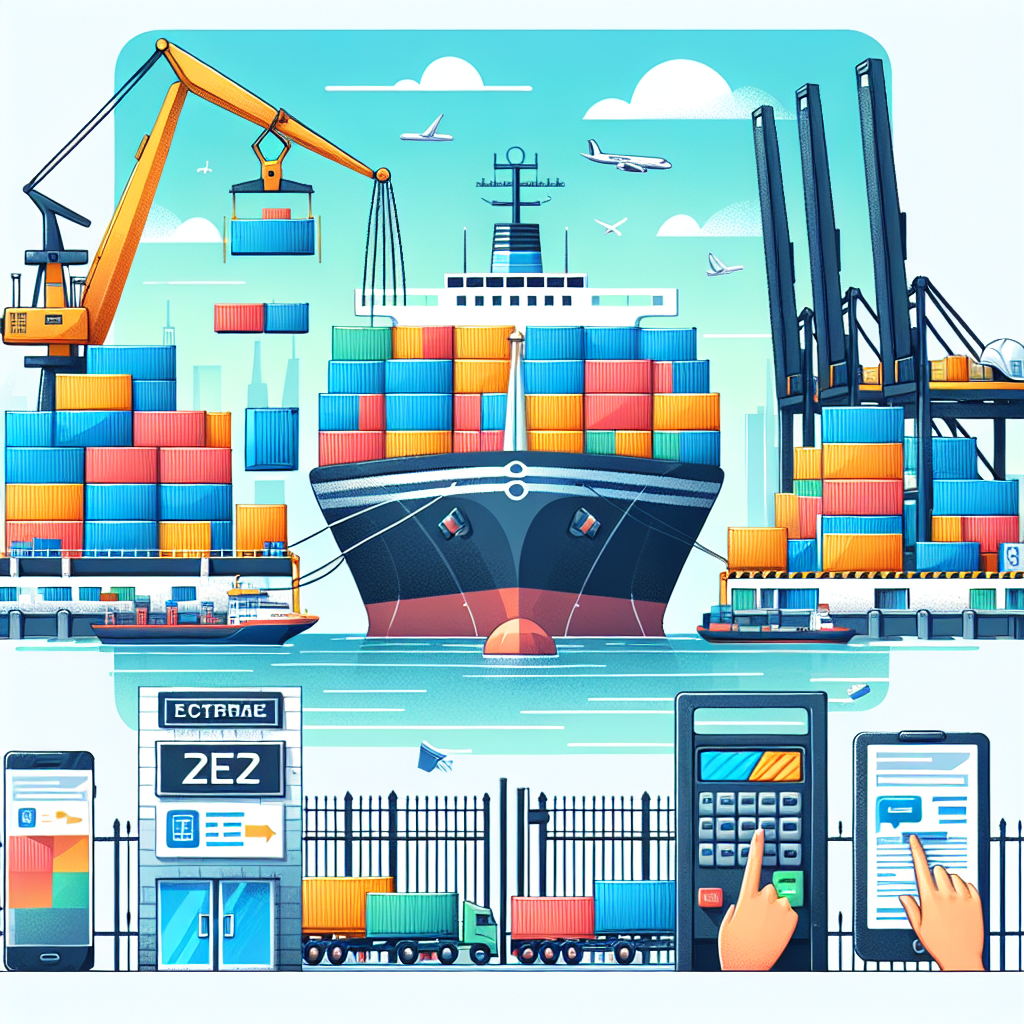Trade Wars on Waves: U.S. and China Clash Over Port Fees
The escalating trade war between the U.S. and China has opened a new front on the high seas, with both nations imposing port fees on each other's ships. This reciprocal action could significantly impact the global maritime industry and alter trade dynamics amid rising tensions over shipping emissions.

The United States and China are set to exchange port fees on ocean shipping firms starting Tuesday, adding a maritime dimension to their ongoing trade conflict. This decision, targeting ships carrying varied cargo such as holiday goods and crude oil, signifies a strategic shift in the global trade landscape.
The U.S. administration aims to impose these fees on China-affiliated vessels to reduce China's influence in the maritime sector and support American shipbuilders. An investigation from the previous Biden administration highlighted China's predominate role due to unfair practices, justifying the penalties. Starting October 14, these fees will be enforced, with Chinese carrier COSCO anticipated to bear the brunt.
In retaliation, China announced similar measures against U.S.-linked ships. This mutual imposition of fees could disrupt global shipping patterns, according to industry analysts. Furthermore, growing tension is evident as both nations leverage trade and environmental policies, with potential sanctions looming over countries backing environmental shipping regulations.
(With inputs from agencies.)
ALSO READ
The Unseen Cost of Tariffs: U.S. Firms and Consumers Bear the Brunt
China's exports to the US sink nearly 30 per cent in September as trade truce unravels with new threats of higher tariffs, reports AP.
Wall Street Turmoil: Trump Tariffs Hit US Stocks
Trade Tensions Surge as Trump Threatens New Tariffs on China
U.S.-China Trade Tensions Roil Global Markets as Trump Hikes Tariffs










